NDT Technicians Questions & Answers
What is Non-Destructive Testing (NDT)?
NDT is the testing of materials to detect internal and surface defects or discontinuities using methods which do not damage or destroy the material under test.
NDT Technician Duties and Responsibilities?
The NDT Technician will be responsible for preparing inspection tools and supporting equipment for transportation to the job site. This person will be assisting customers and field personnel in the preparation, set up, mechanical refurbishment, cleaning, and maintaining paperwork connected with each project.
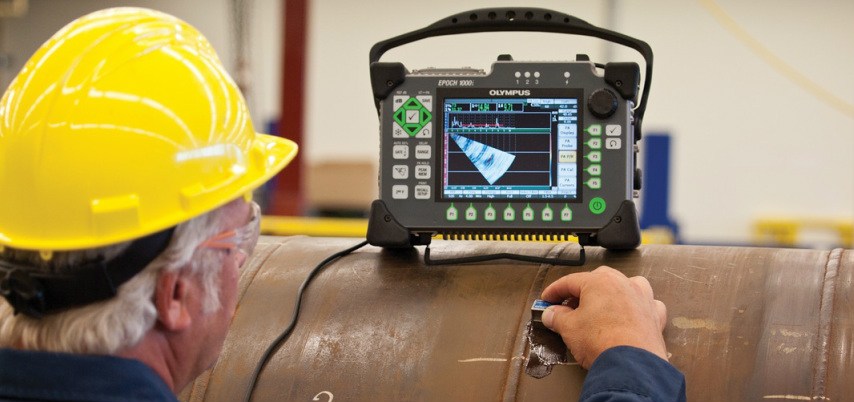
What is the work of NDT technician?
NDT methods are used in quality control procedures in aerospace, energy, manufacturing and transport. You'll test materials used in machinery and structures to find faults like corrosion, cracks, flaws and other imperfections.
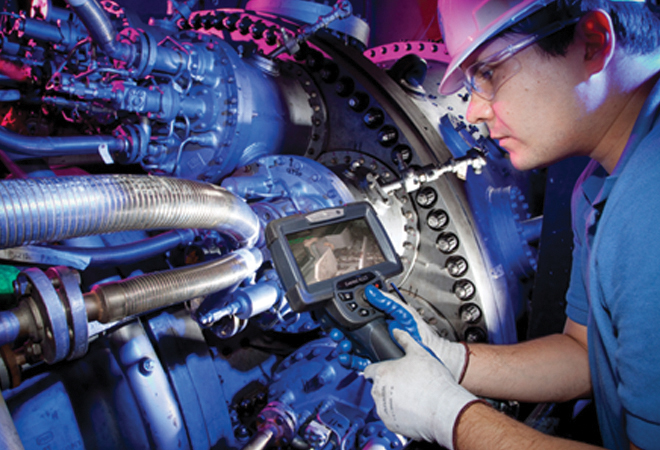
What are non destructive testing methods?
Current NDT methods are: Acoustic Emission Testing (AE), Electromagnetic Testing (ET), Guided Wave Testing (GW), Ground Penetrating Radar (GPR), Laser Testing Methods (LM), Leak Testing (LT), Magnetic Flux Leakage (MFL), Microwave Testing, Liquid Penetrant Testing (PT), Magnetic Particle Testing (MT), Neutron...
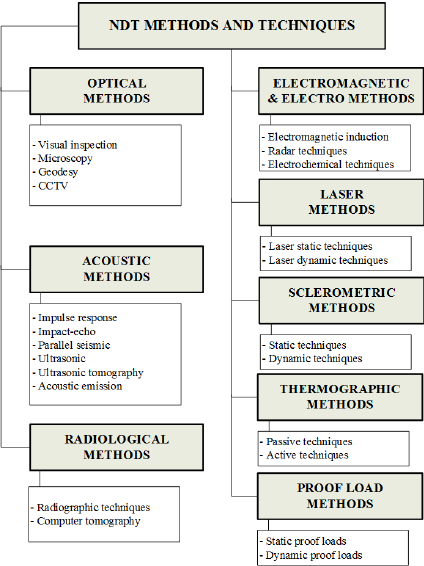
What is ultrasonic testing in NDT?
Ultrasonic Testing (UT) uses high frequency sound energy to conduct examinations and make measurements. Ultrasonic inspection can be used for flaw detection/evaluation, dimensional measurements, material characterization, and more.
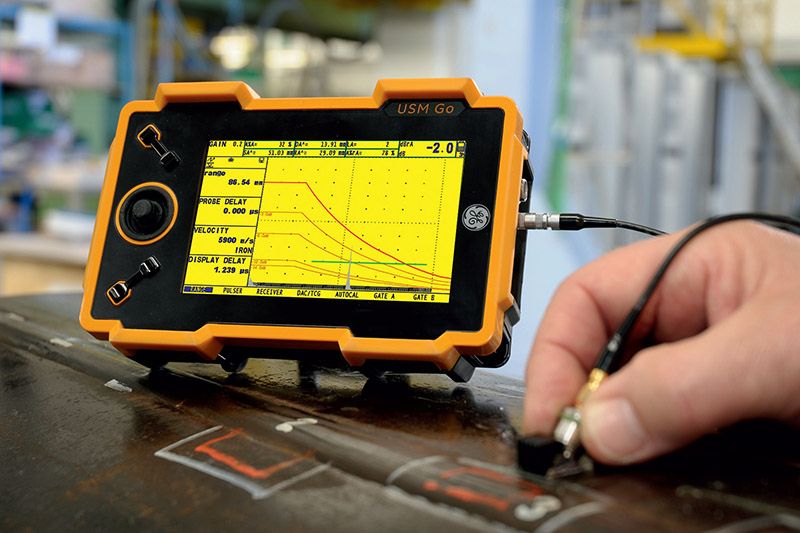
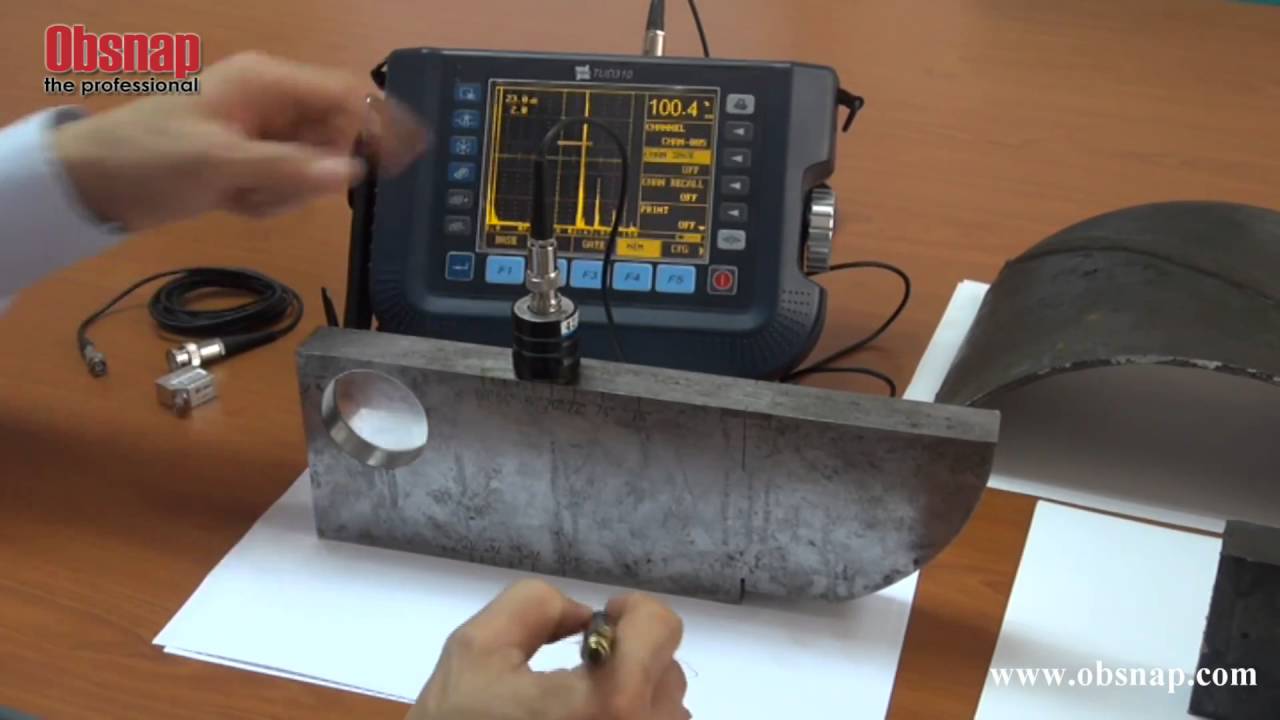
What is PT test in NDT?
Dye Penetrant Inspection (DPI) also called as Liquid Penetrant Inspection (LPI) or Penetrant Test ( PT) is fast, economical and widely used non destructive test method to detect surface-breaking discontinuities in all non-porous materials (metals, plastics, or ceramics).

What is destructive testing and what are its benefits?
Destructive testing are the tests which are carried out to the specimens failure.
Benefits: Verifies properties of a material.
Determines quality of welds.
Helps you to reduce failures, accidents and costs.
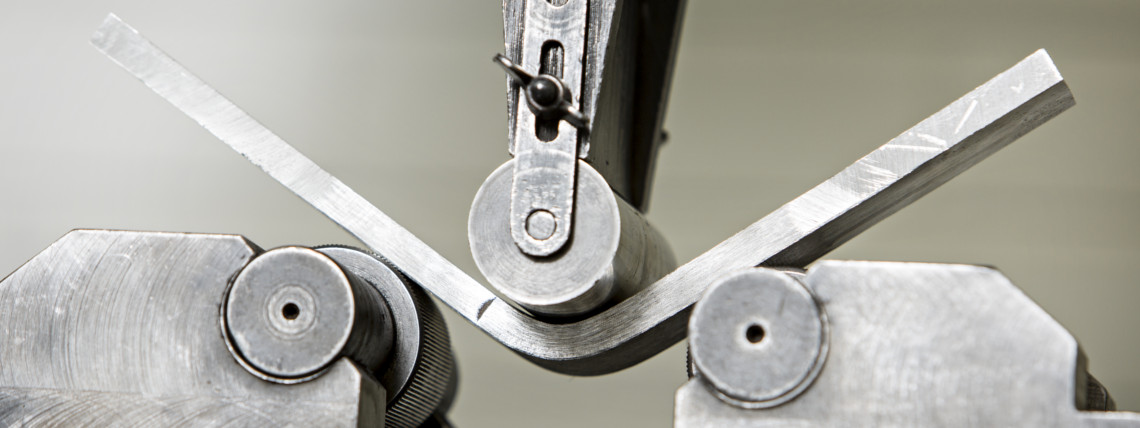
What is ultrasonic thickness gauge?
An ultrasonic thickness gauge is a measuring instrument for the non-destructive investigation of a material's thickness using ultrasonic waves.
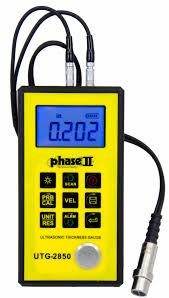
What is visual weld inspection?
Visual Inspection of Welded Connections. ... Non- destructive testing (NDT), which is typically used for the inspection of completed welds, is usually designed and conducted to find welding problems after the fact, when the weld is completed.
Difference between DT & NDT?
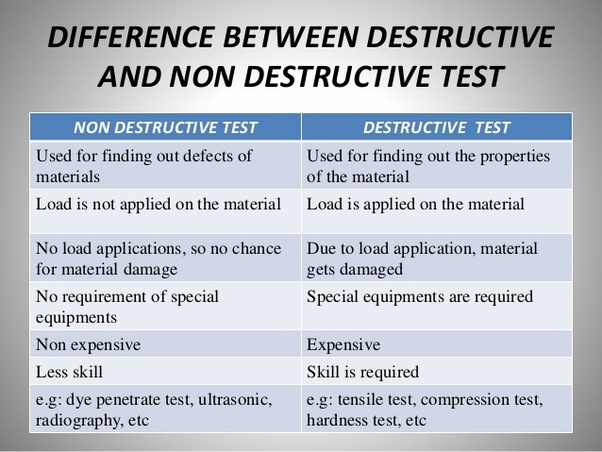
What is the different between Defects or discontinuities?
Discontinuities: Any imperfection or interruption in the normal physical structure or configuration of a product (cracks, laps, inclusion, etc). Discontinuity may or may not affect the usefulness of the product
Defect: A discontinuity whose size, shape, orientation, location or properties makes it detrimental to the useful service of the product in which it occurs or exceeds the accept/reject criteria for the given design. Defect is a type of discontinuity.
What are the major 5 NDT methods?
The major 5 NDT Methods are:
- Ultrasonic Testing
- Radiography Testing
- Magnetic Particle Testing
- Dye Penetrant Testing
- Eddy Current Testing
For detection of surfaceweld defects or discontinuities what are the NDT methods commonly used?
The NDT methods are commonly used to detect the defect/discontinuities on surface weld:
- Visual Testing (VT)
- Penetrant Testing (PT)
- Magnetic Particle Testing (MT)
- Eddy Current Testing (ET)
For detection of internal weld defects or discontinuities, material what are the NDT methods commonly used?
The NDT methods to detect internal weld defect/discontinuities:
- Radiographic Testing (RT)
- Ultrasonic Testing (UT)
What are the factors affecting the choice of NDT method
Depends on many factors and conditions
- Cost
- Type of defect sought
- Type of material to be tested
- Position and location of defect
- Availability of equipment
- Availability of qualified operators
- Working conditions and location
- Sensitivity required
- others
What field experience do you have being an NDT Technician?
Speak about specifics that relate to the position you are applying for. If you do not have specific experience, get as close as you can.
If you are being asked this question from your employer then you can explain your experience.
Tell the employer what responsibilities you were performing during your job. You can tell which programs you developed and what modules you worked on. What were your achievements regarding different programs?
What have you done to advance your knowledge as an NDT Technician in the last year?
Try to include improvement activities that relate to the job. A wide variety of activities can be mentioned as positive self-improvement. Have some good ones handy to mention.
Employers look for applicants who are goal-oriented. Show a desire for continuous learning by listing hobbies non-work related.
Regardless of what hobbies you choose to showcase, remember that the goal is to prove self-sufficiency, time management, and motivation
Tell me about yourself
This is a common question during an interview, possibly the most asked. It is used as an ice breaker, gets you talking about something comfortable, but you need to have something prepared for a response. However, you don’t want it to sound memorized. The fact is, the interviewer isn’t interested in your life story. Unless asked otherwise, focus on education, your career and present situations. You should work chronologically, starting as far back as possible and working until present.
Why do you believe we should hire you?
This question needs to be carefully answered as it is your opportunity to stick out from the rest of the applicants. You should focus on skills that you have, including those not yet mentioned. Simply responding “because I’m really good” or “I really need a job” isn’t going to work. You shouldn’t assume the skills of other applicants or their strengths, focus on yourself. Tell the interviewer why you are a good fit for the position, what makes you a good employee, and what you can provide the company. Keep it brief while highlighting achievements.
What knowledge do you have about the company?
You should do your research prior to the interview. Look into background history of the company, this will help you stick out. Learn about main people, have they been in the news lately? The interviewer doesn’t expect you to know dates and certain people, but showing that you have enough interest to research the company is a positive impression.
Why are you leaving last job?
Although this would seem like a simple question, it can easily become tricky. You shouldn’t mention salary being a factor at this point. If you’re currently employed, your response can focus on developing and expanding your career and even yourself. If you’re current employer is downsizing, remain positive and brief. If your employer fired you, prepare a solid reason. Under no circumstance should you discuss any drama or negativity, always remain positive.
What do you consider to be your best strength?
This question allows you to brag on yourself, but keep in mind that the interviewer wants strengths relative to the position. For example, being a problem solver, a motivator, and being able to perform under pressure, positive attitude and loyal. You will also need examples that back your answers up for illustration of the skill.
What do you consider to be your biggest weakness?
This can be a tricky question to respond to, if you suggest you have no weaknesses you’re going to appear as a lair or egotistical. You should respond realistically by mentioning small work related weaknesses. Although many try to answer using a positive skill in disguise as a weakness, like “I expect co-workers to have the same commitment” or “I am a perfectionist”. However, it is recommended that there is some honesty and the weaknesses are true, and then emphasize on how you have overcome it or working to improve it. The purpose of this question is to see how you view and evaluate yourself.
What do you see yourself doing in five years?
This is another question looking towards job commitment. Some people go through jobs like socks because they don’t have a life plan, and your answer can show insight into this. It can also be used for finding out if you are the type that sets goals at all in life, because those that make long-term goals are usually more reliable. Also, your goals can provide insight on your personality too.
You should respond with an answer that shows progression in your career is on track with your route in the company. It’s important to do your research on company prospects, this way you understand what to expect and if it’s in your long-term goal. Interviewers don’t want to set you on a path that won’t provide the results you want, resulting in you resigning.
What are your salary expectations?
This question is like a loaded gun, tricky and dangerous if you’re not sure what you are doing. It’s not uncommon for people to end up talking salary before really selling their skills, but knowledge is power as this is a negotiation after all. Again, this is an area where doing your research will be helpful as you will have an understanding of average salary.
One approach is asking the interviewer about the salary range, but to avoid the question entirely, you can respond that money isn’t a key factor and you’re goal is to advance in your career. However, if you have a minimum figure in mind and you believe you’re able to get it, you may find it worth trying







